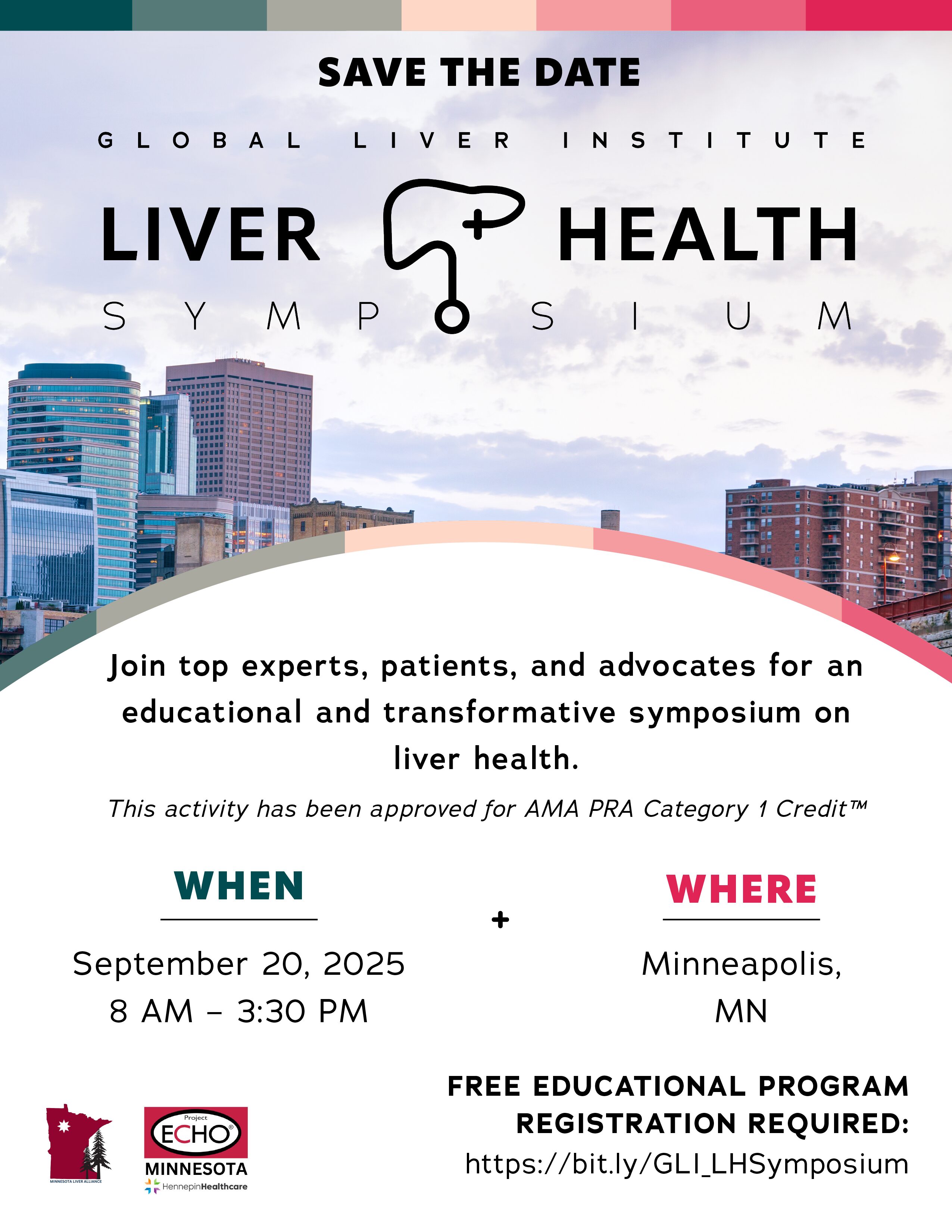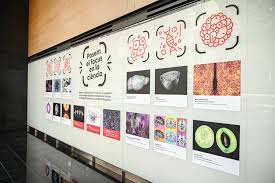
Global Research and Patient Priorities
Emphasizing the Importance of Using Patient-Reported Data at the DIA 2025 Conference, Washington, D.C.
Kristin Hatcher, Director of GLI’s Pediatric and Rare Liver Disease Program, joined U.S. and global pharmaceutical leaders for a powerful discussion on gaps in drug development and the critical need to include lived patient experience in both rare and common diseases. She emphasized the value of real-world data, often captured by patients and caregivers, that is too often overlooked in clinical and research settings. The DIA 2025 conference provided an ideal platform to reinforce why patient-focused data and patient-reported outcomes must be central to the future of drug development.
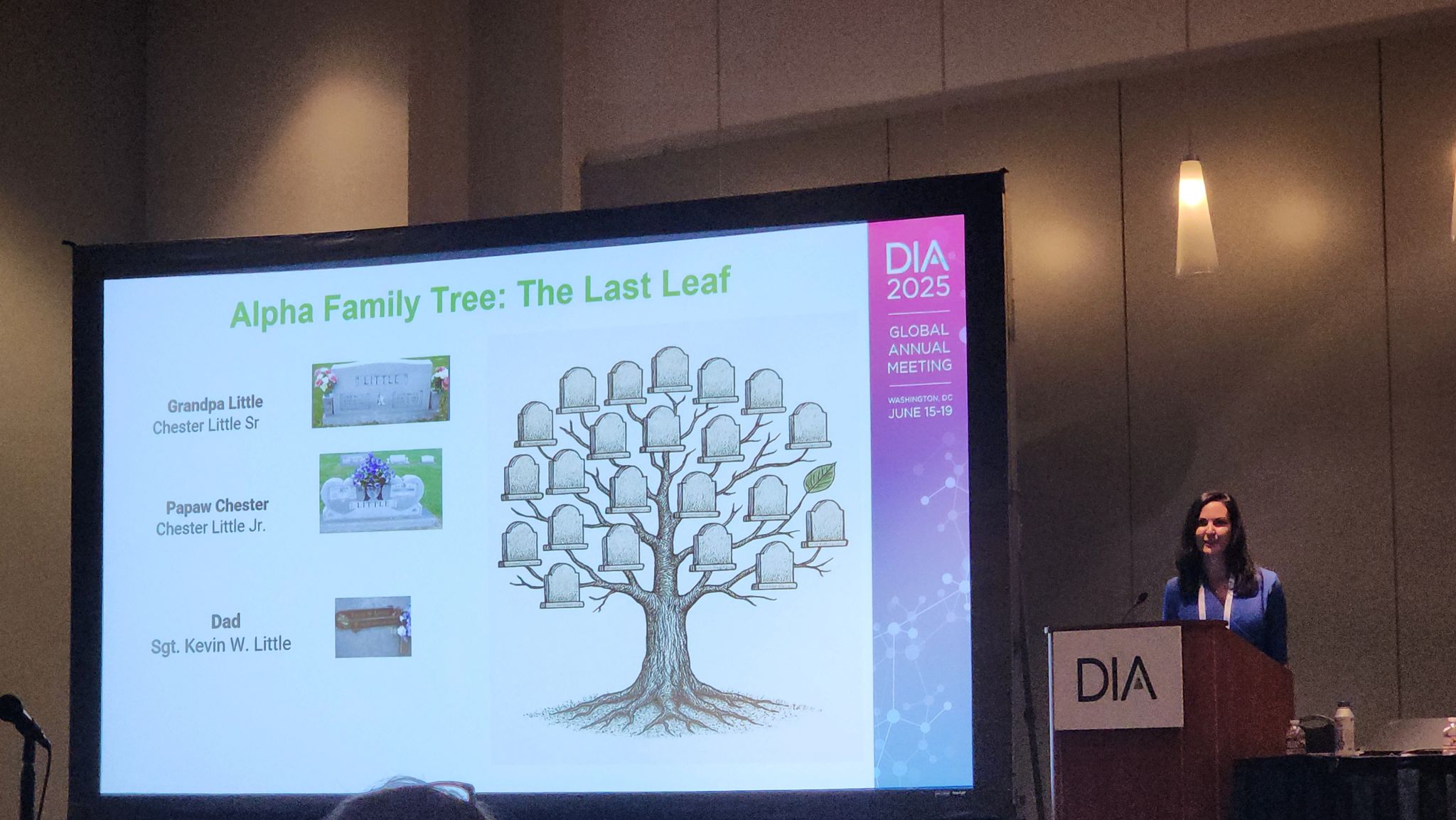
Rare Diseases Spotlighted During the BIO 2025 International Convention, Boston, MA
Meaningful conversations took center stage at the BIO International Convention in Boston, MA, where patients, physicians, and biotechnology leaders united around a powerful message: “The world cannot wait.” Throughout the sessions, there was a strong focus on advancing rare disease policy, especially around the ORPHAN Cures Act and reforms to small molecule funding under the Inflation Reduction Act. Key highlights also included ongoing efforts to preserve priority review vouchers and critical tools to keep rare disease drug development moving forward.
Building on this momentum, FDA Commissioner Martin Makary emphasized innovative strategies to prioritize rare diseases while reducing duplication within the agency, aiming for a more collaborative and efficient approach and Amy Cornstock Rick, CDER’s Associate Director for Rare Disease Strategy reinforced that the Rare Innovation Hub will continue to guide drug development with one clear goal: ensuring patient voices remain at the heart of every conversation.
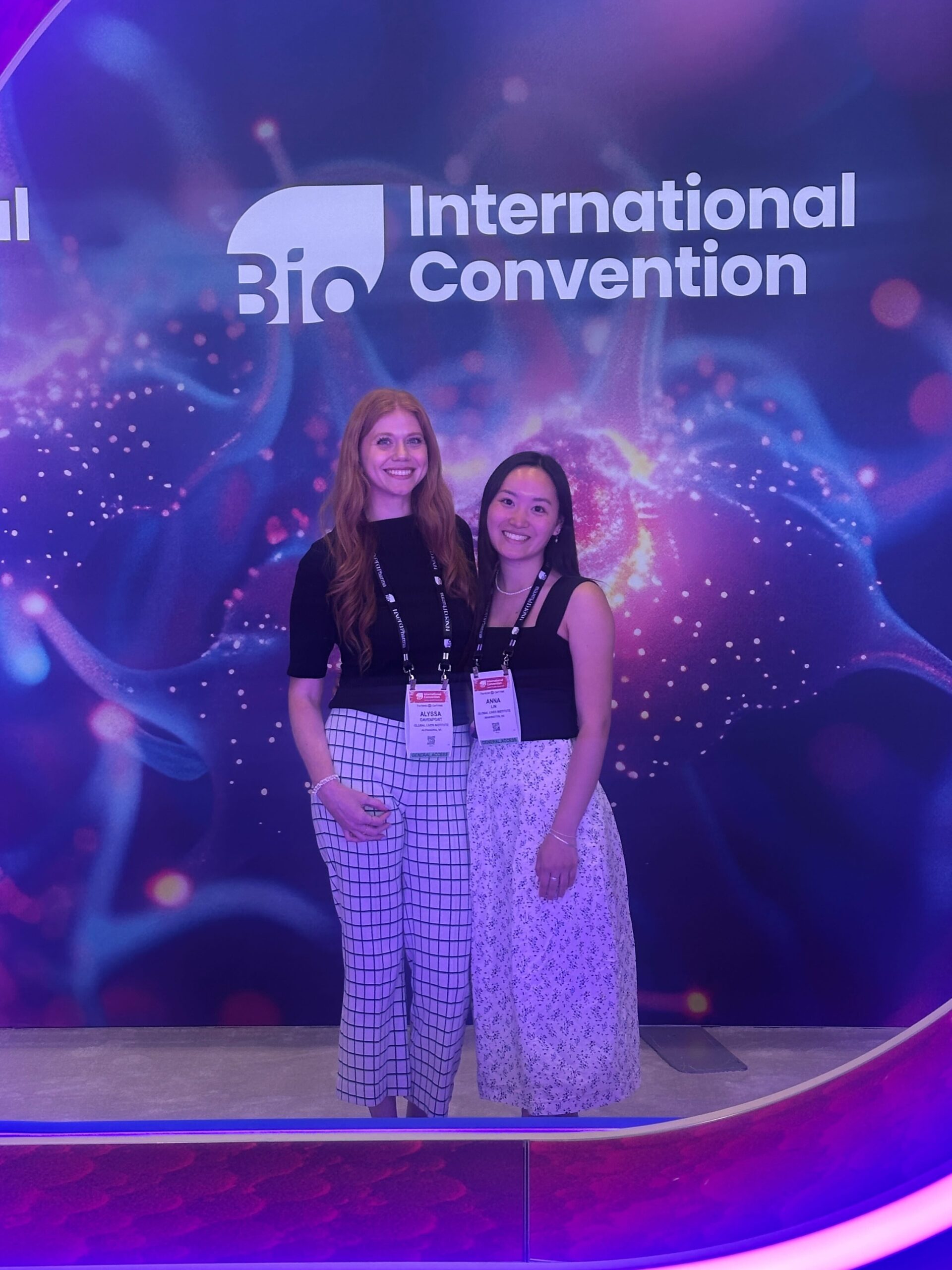
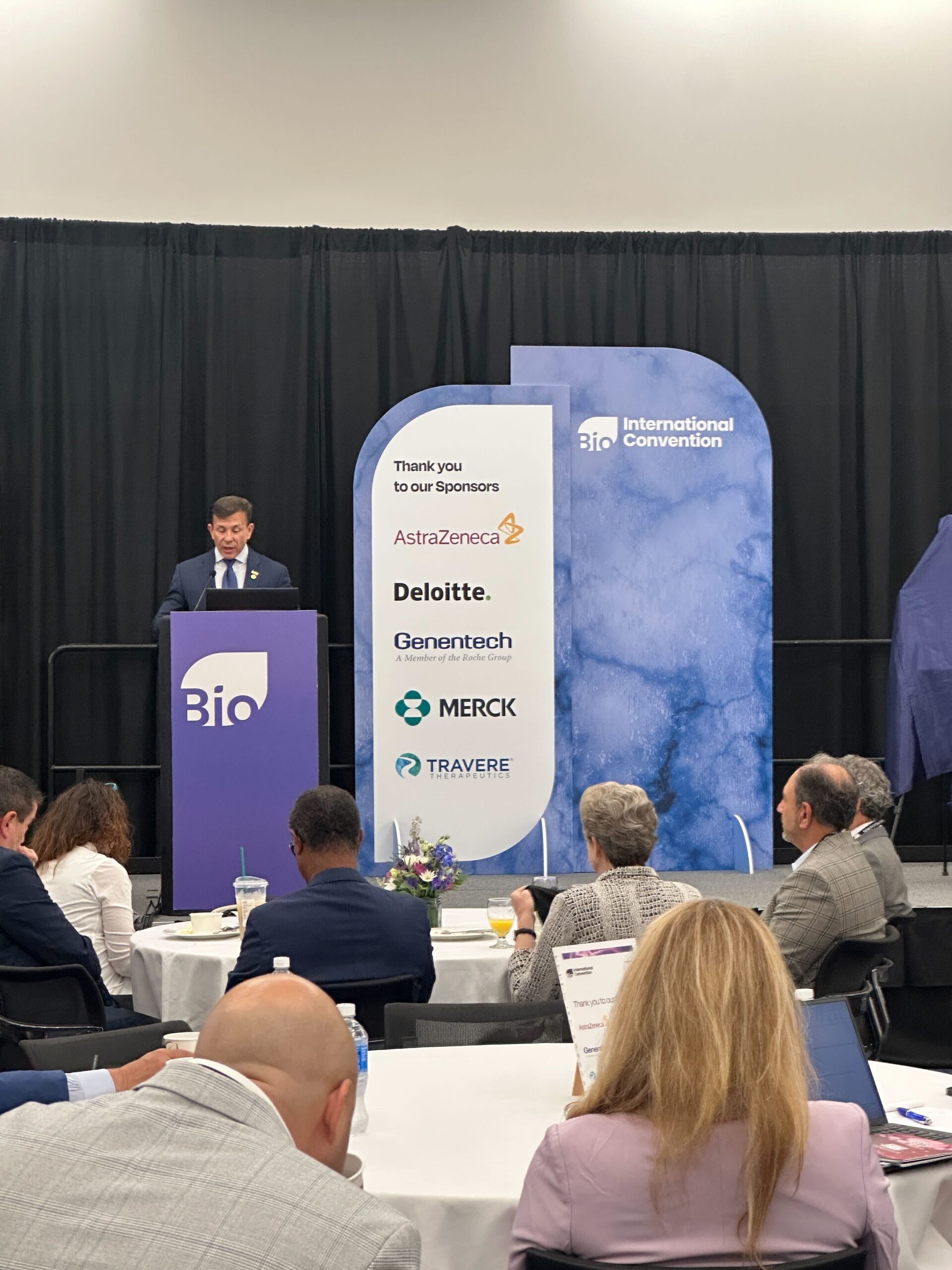
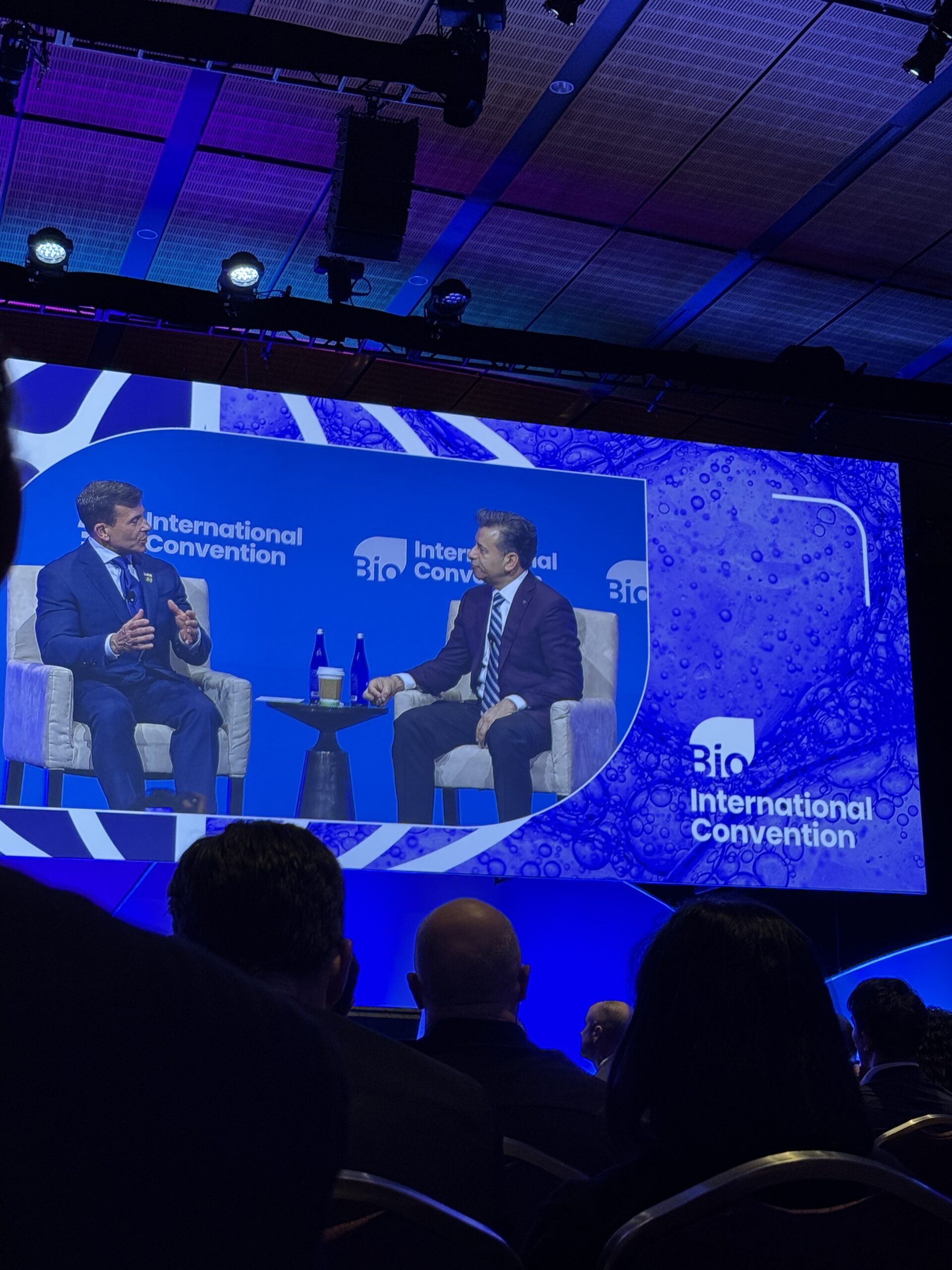
New – Is Your Liver Healthy? Fatty Liver Disease Risk Assessment Quiz
Take this quick, confidential quiz from Global Liver Institute to better understand your risk for fatty liver disease. In just a few minutes, you’ll gain valuable insights and learn whether it’s time to speak with your healthcare provider about your liver health.
Save the Date: Global Liver Institute’s Liver Health Symposium, Minnesota
Join us on September 20 in Bloomington, MN, for the Liver Health Symposium—a one-day, in-person event bringing together patients, caregivers, providers, and advocates to learn more about liver health.
With two tracks—one for the community and one for providers—this event offers education and powerful tools to prevent, detect, and treat liver disease. Whether you’re navigating liver health or leading care, the symposium connects you to the latest knowledge and a passionate community ready to make a difference.
Barcelona Hospitals Lead Genomic Screening for Rare Diseases
Hospital Clínic Barcelona-IDIBAPS and Hospital Sant Joan de Déu are partnering with the CrinGenES project to screen newborns for up to 300 rare genetic diseases through genomic sequencing. With over 7,000 known rare diseases, this initiative could dramatically improve early diagnosis and outcomes. It’s important to note, the screening will focus on conditions that have available treatments, ensuring that babies diagnosed can be connected to care plans right away.
In addition to detection, the hospitals are actively working with researchers to enhance the interpretation of genetic variants and identify new biomarkers, advancing how these rare diseases are understood and managed. CrinGenES positions Europe as one of the key leaders in the future of genomic newborn screening and patient-centered innovation.
Linerixibat Accepted for Review to Treat PBC-Related Itch
GSK’s first-in-class IBAT inhibitor, linerixibat, has been accepted for review by both the FDA and EMA, marking a promising step toward a new treatment option for patients with primary biliary cholangitis (PBC). For people living with PBC, the relentless itch of cholestatic pruritus can disrupt sleep, focus, and everyday life. Linerixibat isn’t a cure and it’s not the only therapy for itch, but it’s designed specifically for this symptom, offering hope to those who haven’t found relief elsewhere.
Biomarin Launches Clinical Trial for Alpha-1 Liver Disease in ZZ and MZ/MASH Patients
Biomarin has begun a Phase 1 clinical trial for BMN 349, a new treatment targeting adults with Alpha-1 antitrypsin deficiency (AATD) who have the PiZZ or PiMZ/MASH gene variants. This trial is recruiting participants across the United States and the United Kingdom.
Currently, there are no approved treatments specifically for liver disease caused by AATD, so Biomarin’s work is an important step forward, especially as it addresses both lung and liver complications. The inclusion of MZ patients, who have often been overlooked in research, makes this study particularly noteworthy.
Gene Therapy in Mouse Model Shows Promise for Treating Alagille Syndrome
Alagille Syndrome is a rare genetic disorder that can affect multiple organs, including the liver, heart, eyes, skeleton, and kidneys. Today, the only long-term treatment option for severe liver damage caused by the condition is a transplant. But new research could change that. A team from Baylor College of Medicine, UMass Chan Medical School, and Cincinnati Children’s Hospital has used adeno-associated viral gene therapy in a mouse model to deliver a small RNA molecule that silences the Sox4 gene, one of the most common drivers of Alagille Syndrome. The results are striking: not only did liver health improve, but the treatment worked even in mice already showing liver damage. Even more promising, the gene therapy may not need to be repeated. While more research is needed before it reaches patients, this breakthrough highlights the growing potential of gene therapy to transform the future of rare liver disease treatments.
New Treatment Shows Promise for Polycystic Liver Disease in Ongoing Study
Researchers in Sweden have announced encouraging results from a Phase 2b study testing a new injectable treatment, CAM2029, for people living with polycystic liver disease (PLD). PLD is a rare condition where fluid-filled cysts form and grow throughout the liver, often leading to a swollen abdomen, pressure, and difficulty with daily activities. While it’s not always life-threatening, the impact on quality of life can be serious. The treatment, a long-acting version of octreotide given just under the skin, may help reduce liver size and cyst growth, potentially easing pain, discomfort, and other symptoms.
Upcoming Events
- July 28, 2025 – World Hepatitis Day
- August 6 – 8, 2025 – 15th Australasian Viral Hepatitis Conference, Naarm, Melbourne, Australia
- August 8, 2025 – 11th Annual GI Symposium 2025, Cleveland, OH
- August 22 – 24, 2025 – Asian Hepatology Summit, Singapore
- August 25 – 26, 2025 – 10th Annual Summit on Rare Diseases & Orphan Drugs, Dubai, UAE
- August 27 – 28, 2025 – Commercial Excellence in Rare Disease Summit, Boston, MA
- September 4 – 5, 2025 – Global Genes RARE Drug Development Symposium,
Boston, MA - September 5 – 8, 2025 – Global Liver Institute’s Advanced Advocacy Academy (A3), Washington, D.C.
- September 9 – 11, 2025 – Critical Path Institute Global Impact Conference,
Washington, D.C. - September 18 – 20, 2025 – 8th Conference on Liver Disease in Africa (COLDA), Ghana, Accra
- September 20, 2025 – Liver Health Symposium, Minneapolis, Minnesota
For more information about the Pediatric and Rare Liver Diseases Council or to learn more about joining, please visit our webpage or email pedsrare@globalliver.org.


